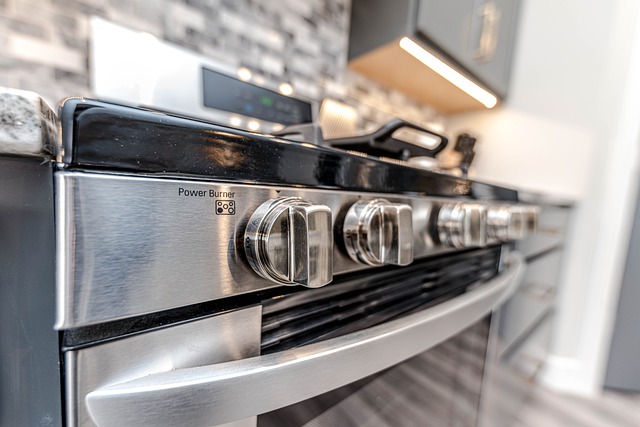Common problems of appliances include malfunctioning of electrical components, clogging of filters and drains, and problems with mechanical parts. These issues can be caused by wear and tear, improper use or lack of maintenance. Regular maintenance is crucial for keeping appliances in good working order and avoiding costly repairs or replacements. This includes cleaning and replacing filters, checking and tightening connections, and testing the various components. On this article and this site, we discuss how following the manufacturer’s instructions for proper use and care of the appliance is also important. By performing regular maintenance, you can help to prolong the lifespan of your appliances and ensure they function properly.
 What are the common problems of appliances?
What are the common problems of appliances?
Common problems of appliances include malfunctioning of electrical components, such as a faulty thermostat or compressor, clogging of filters and drains, and problems with mechanical parts, such as worn out belts or gears. Additionally, many appliances have digital displays or control panels that may malfunction or become unresponsive.
What is the most common cause of appliance failure?
The most common cause of appliance failure is the wear and tear of everyday use. Over time, mechanical and electrical components can become worn out and fail, leading to the need for repairs or replacement. Additionally, improper use or maintenance can also contribute to appliance failure.
What is the most common problem with a refrigerator?
The most common problem with refrigerators is a failure of the cooling system. This can be caused by a variety of issues, including a malfunctioning compressor, a clogged condenser, or a leak in the refrigerant. In addition, issues with the door seal can also cause the refrigerator to run inefficiently.
What maintenance do appliances need?
Regular maintenance is an important part of keeping appliances in good working order. This includes cleaning and replacing filters, checking and tightening connections, and testing the various components. Additionally, it is important to follow the manufacturer’s instructions for proper use and care of the appliance. Some appliances such as HVAC systems, ovens, and ranges, may require professional maintenance.
Performing regular maintenance can help you to prolong the lifespan of your appliances and avoid costly repairs or replacements. It’s also important to pay attention to warning signs of potential issues, such as strange noises or a decrease in performance, and address them as soon as possible.
How do you maintain appliance repairs?
To maintain appliance repairs, it is important to regularly inspect and clean your appliances, as well as address any issues or problems as soon as they arise. This can include cleaning filters, replacing worn parts, and ensuring that all connections and wiring are secure. Scheduling regular maintenance with a professional can also help to extend the lifespan of your appliances and prevent costly repairs down the line.
What are the six basic maintenance of electrical tools and equipment?
The six basic maintenance of electrical tools and equipment include: 1) inspecting for damage or wear, 2) cleaning and lubricating moving parts, 3) tightening loose connections, 4) testing and measuring electrical output, 5) properly storing equipment, and 6) following the manufacturer’s recommendations for maintenance.
What are the 5 appliance safety tips?
The five appliance safety tips are: 1) Always unplug an appliance before cleaning or performing maintenance on it. 2) Use appliances as intended and follow the manufacturer’s instructions. 3) Inspect cords and plugs for damage before use. 4) Keep appliances away from water and other sources of moisture. 5) Be aware of the location of gas and water shut off valves in case of an emergency.
What are the three types of equipment maintenance?
There are three types of equipment maintenance: preventive, predictive, and corrective. Preventive maintenance involves regularly scheduled inspections and servicing to prevent equipment failure. Predictive maintenance uses data and technology to identify potential issues before they occur. Corrective maintenance involves repairing equipment after it has failed or is not functioning properly.
Why do we need to repair appliances?
We need to repair appliances because over time, appliances can wear out or break down due to regular use, age, or other factors. Regular repairs and maintenance can help to extend the lifespan of appliances and prevent costly replacements. Additionally, appliances that are not working properly can be a safety hazard and could lead to damage to your property.
